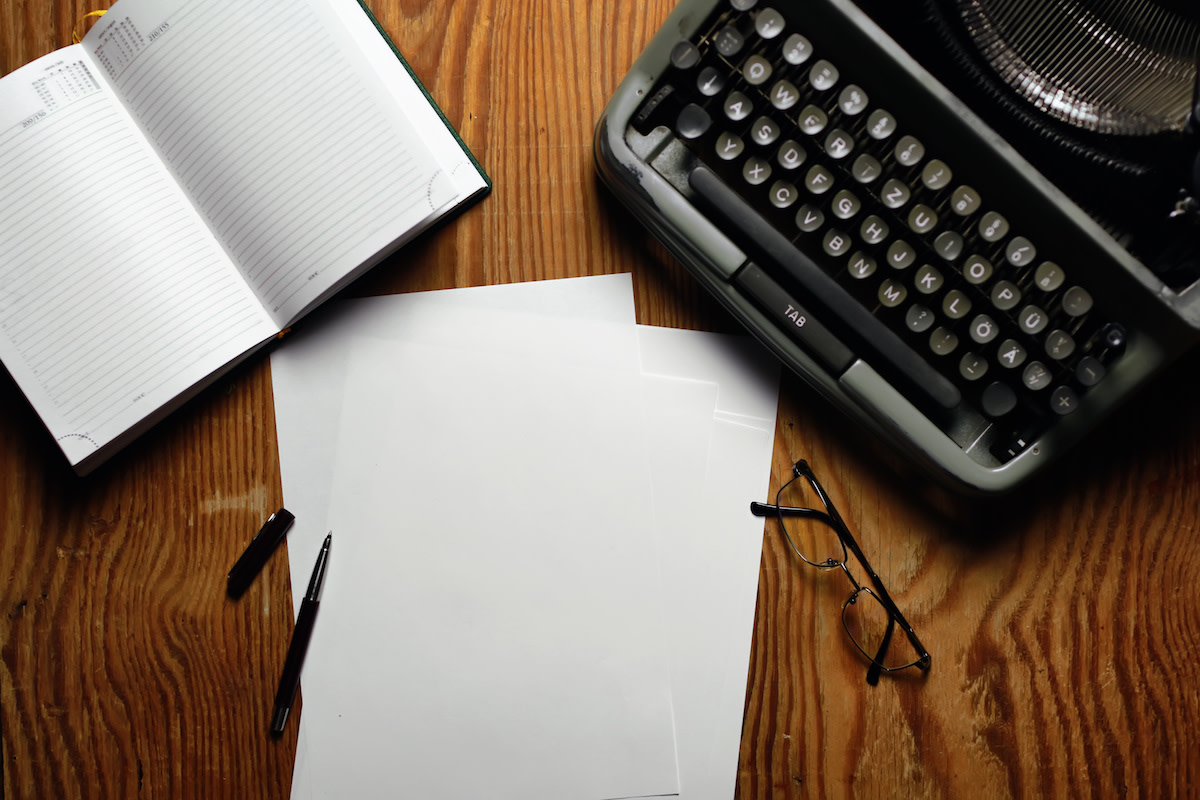How to Conduct a Documentary Interview: Top Interview Techniques and Tips for Documentary Films and TV
Written by MasterClass
Last updated: Sep 30, 2021 • 4 min read
One of the cornerstones of documentary filmmaking is conducting compelling and rigorous interviews. However, getting a perfect interview is easier said than done. Here are some interview tips and techniques that will help you make a great documentary:
Learn From the Best
How Do You Prepare for a Documentary Interview?
There are a few things to do or consider before you’re ready to shoot your interview:
- Conduct a pre-Interview with your subject. A pre-interview (that is, a conversation either in person or over the phone long before a camera is present) can be an essential step to conducting a successful on-camera interview. Not only does it allow you to familiarize yourself with your subject’s story, but it also helps the subject become more comfortable with you as an interviewer.
- Be aware of your interview setting. Before the documentary interview begins, you should discuss what the interview footage is going to look like with your director or cinematographer. What kind of background will be used? Will it be filmed in natural light, or use a three-point light set-up? Being aware of the interview setup before having cameras rolling will help you avoid surprises and allow you to focus solely on the interview itself.
- Determine your camera placement. Traditionally, documentary subjects in a sit-down interview look at the interviewer and not the camera, so that their eyelines are slightly to the side of the lens. Sometimes there will be two different camera angles—a close up and a medium or wide shot—so that your editor will have options in the editing room. Being aware of your camera placement in advance will help you feel at ease when you arrive on set.
4 Ways to Ask the Best Documentary Interview Questions
Everyone has their own interviewing style and point of view, but these are some helpful rules of thumb to remember when determining what questions to ask:
- 1. Begin Generally. Documentary filmmakers often start with a fairly general, open-ended questions in an effort to get their subjects to answer questions more thoughtfully. These initial questions might not even be about the interview topic, and may ask about the interviewee’s childhood or upbringing, for example. Beginning with these broad interview questions can often lead to more complex and nuanced answers once you begin talking about interview topic.
- 2. Remain flexible. As the conversation develops, remember to stay flexible. It’s okay to go off script! As you listen, stay attuned to your subject’s emotions and interests, and pursue lines of questioning that occur to you in the moment. If your subject does not feel comfortable with the subject matter or is unable to answer a question, move on to your next question and circle back later. The goal is not to check off a list of premeditated questions, but to create the right conditions to get a fantastic answer and keep your subject engaged.
- 3. Avoid yes-or-no questions. Make sure to avoid asking questions that can be answered with a yes or no response. You want your interview subject to be able to speak at length on a subject. For example, instead of asking “did you grow up in New York?” you could ask, “what was it like growing up in New York?”
- 4. Let go of preconceptions. If a line of questioning is going nowhere, let go of your agenda. Throw out any preconceptions of how you thought the conversation should go, and take a step back. Listen for what your subject truly wants to talk about, and then improvise.
5 Tips For Conducting a Successful Documentary Interview
You’ve prepped for the interview and have your list of questions. Here are some other things to keep in mind to make sure you get the most out of your interview:
- 1. Make your subject feel comfortable. Many subjects go into their interview nervous, especially when in front of a camera crew. Most people have never had to speak in front of video cameras before. Reassure them that there are no mistakes, and that there’s plenty of time.
- 2. Establish clear expectations. Set up clear expectations for how the interview will proceed: whether to look at you or at the camera, how in-depth their answers should be, and how to elaborate beyond a ‘yes’ or ‘no’ response. Throughout your conversation, affirm that they are doing a great job.
- 3. Don’t interrupt. If someone seems to be getting off track in their storytelling, try not to interrupt them mid-sentence. Instead, use your body language to actively listen, and subtly steer the conversation. For instance, you can nod when you want someone to continue with their train of thought, or you can break eye contact and look down if you wants someone to wrap up their story.
- 4. Have the subject repeat your question. Having the interviewee repeat your question in their answer. This will help provide context for their response and will make your storytelling clearer. For instance, if your question is “when was the first time you went to a film festival” have your subject begin their answer by saying “The first time I went to a film festival…”
- 5. Take breaks. Interviews can be exhausting not only for the subject, but for the interviewer, the crew, and the video producers. Make sure you budget enough time to take breaks when necessary.
Learn more about documentary filmmaking in Ken Burns’ MasterClass.
